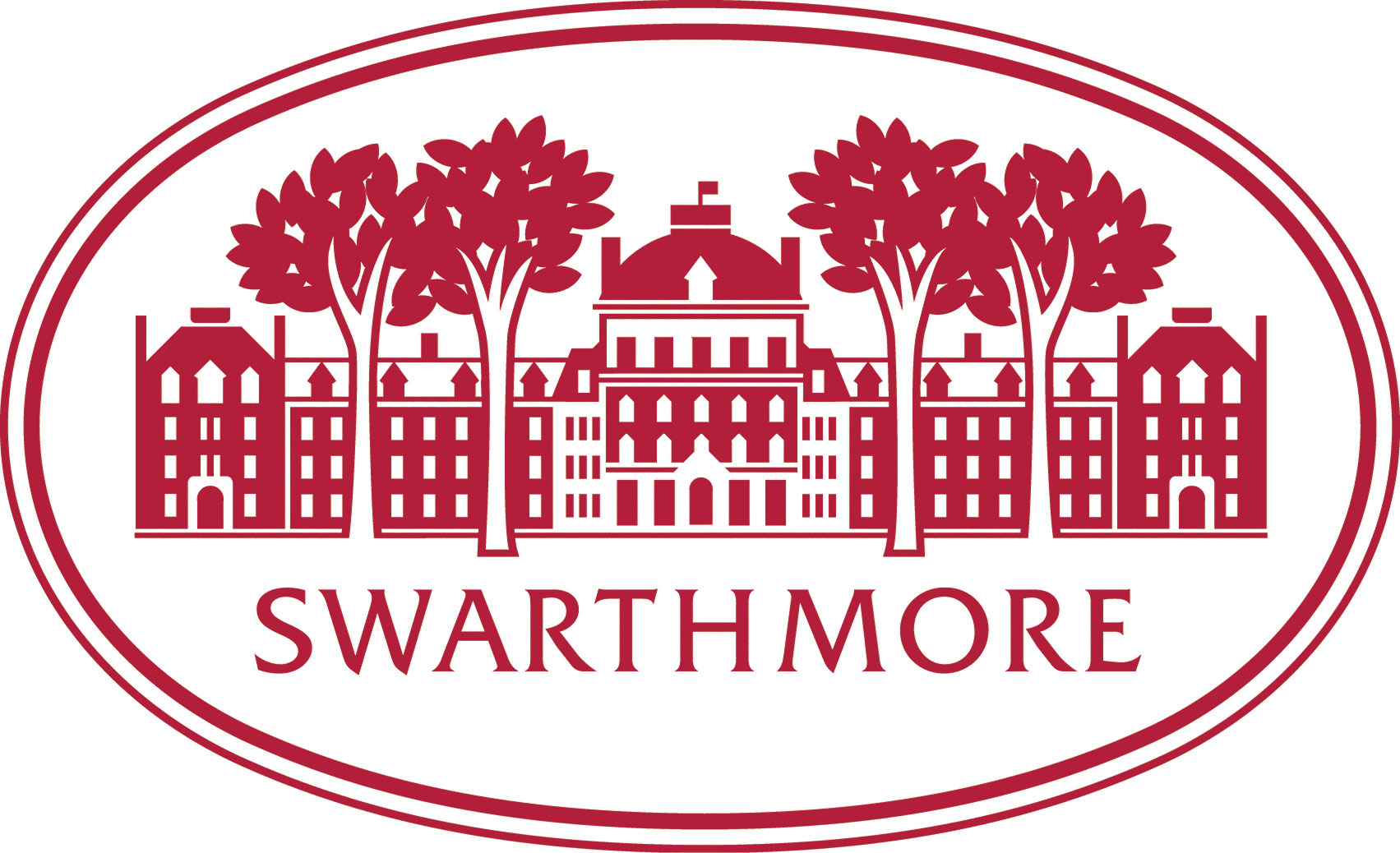Projects

Large-scale Atomic/Molecular Massively Parallel Simulator (LAMMPS) simulations of bidisperse sheared granular systems are
computationally intensive. So, this project explored the use of GNNs to predict horizontal displacements of particles in these
systems, given their initial positions and particle types.
This involved extensive data processing, model architecture design, and hyperparameter tuning, and the work was done under
Professor Amy Graves
in collaboration with
Professor Dane Morgan,
Ajay Annamareddy, and Siddhant Ranka.
CliMA is an organization led by
Professor Tapio Schneider
at Caltech and MIT which has developed an open-source, ML-informed climate model in Julia.
I worked in the microphysics group under
Anna Jaruga
to kickstart the development of a 2-moment, bulk, single-category hydrometeor scheme:
the predicted particle properties (P3) scheme.
This involved not only implementing the code in Julia but also understanding the physics of the scheme,
writing tests and documentation, and testing it in a 1-dimensional column model.
Given the importance of clouds in determining Earth's energy balance,
and given the major theoretical and observational uncertainties in cloud microphysics,
this sort of work is crucial for improving our understanding of the climate system.
Although the programming of this REU was based in atmospheric science, I worked with
Fabio Scarpare
on a project in the College of Agricultural,
Human, and Natural Resources Sciences (CAHNRS) to study the effects of agricultural practices on soil hydrology in the context
of Brazilian sugarcane cultivation.
The research involved calibration and testing of an in-house agricultural model,
CropSyst.
In RStudio, I worked with aboveground biomass, soil water content, and leaf area index observations
in dialogue with multiyear model output. In the context of aridification and climate change in Brazil's
agricultural wetlands, these efforts to understand the effect of surface crop residue on soil hydrology
are important for sugarcane agriculture in the region.




